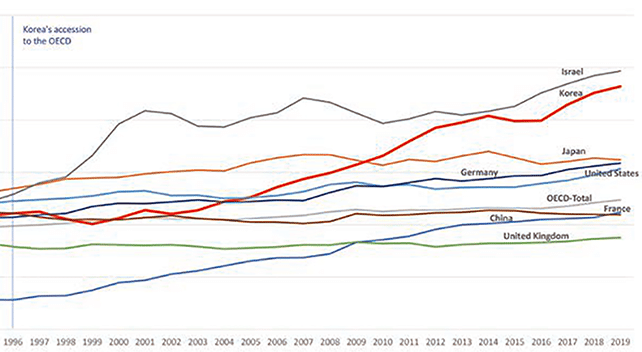The Ascent of Business Intelligence in the Legal Market; eDiscovery BI Research Findings

When to Use a Third Party Forensics Provider for Data Collection
August 3, 2017
Search Google for the words “legal business intelligence” or “analytics for law firms.” Millions of blog entries, industry articles, and (of course) advertisements hype data analytics, project management tools, and Watson-like AI tools. Terms like “AI,” “analytics,” and “business intelligence” are used interchangeably; even in the industry there is little clarity about the functions, differences, and even benefits tools in this broad category offer the legal community.
Industry ads and product graphics show carefree lawyers working on smart-phone apps while mountain climbing, Minority Report-style mid-air data manipulation, eager hands cupping sparkly social media icons, and other pretty nonsense. The less than subtle suggestion is that lawyers failing to leverage every new technology have fallen behind, are suffering for it, and will become obsolete.
I work with large firms and corporations, speak at industry events, etc., and yet recently found myself wondering: “how much of the data analytics phenomenon is driven by marketing versus successful implementation in our industry?” I know the exact proportion of our clients who use analytics tools to handle case data, but how many of our clients use the same skills to manage their eDiscovery spend and drive process development? Beyond the analytics tools built in to review platforms, how many litigation and eDiscovery teams really track and manage data about eDiscovery? If a firm or company isn’t aggregating data about their eDiscovery work and service consumption, what are the challenges we can solve?
To learn about analytics and business intelligence implementations in the legal field and understand attitudes about the future of the same, FRONTEO commissioned a study by a third-party research organization.
The study’s most revelatory findings relate to business intelligence and metrics tracking. The study revealed that 63% of responding law firms still use manual spreadsheet entries collect data and produce eDiscovery metrics. Among respondents, 74% of IT departments expressed a need for dashboards to visualize eDiscovery metrics, and 68% of law firms’ litigation departments wanted the same thing.
The over 100 law firms and corporate legal professionals who participated in the survey confirmed some of our observations from the field: legal departments are adopting business intelligence and aggregating business data more slowly than colleagues in other business units and fields.
So, what does it all mean? The hype in ads and media exaggerates and often misses the real value of business intelligence tools. The interest and desire for real-time information in eDiscovery project management is absolutely real, but firms need the assistance of experts with the legal and technical know-how to confidently structure their solutions. Effective business intelligence tools are intuitive, straightforward, and focus on the questions that affect the business.
FRONTEO developed the TRUST Business Intelligence Portal to fill the need for metrics tracking and evaluation in the business of eDiscovery. From day one we designed TRUST to gather review data from Relativity plus project management and financial data from Salesforce. The integration enables our clients to budget more effectively, make informed decisions about staffing, spend, and workflow, and tailor practice management and service offerings. Through TRUST, FRONTEO eliminates manual data entry and frees litigation support staff to focus on cases and clients.
TRUST adapts to meet broad ranging needs. A large consulting client uses TRUST to aggregate and interactively display eDiscovery spend data for each of their customers. Their clients can apply easy filters to see spend by service type or over time: per month, per quarter, or year-over-year. Our consulting client evaluates the spikes in their end-clients’ eDiscovery spend patterns and recommends service provision structures to save money over the long term. Doing the same exercise with consulting hours consumption, user license access patterns, and a few other easy metrics transforms an inefficient eDiscovery program into a lean, data-driven process.
Data is data. We studied the in-depth research results with the same tools we use to help our clients. Our conclusions will guide future TRUST development and help us bring innovative new offerings to the law firms and corporations. See some visual examples of the dashboard in our TRUST portal overview. Watch for more details in the upcoming release of our eDiscovery BI Research Report.
The FRONTEO eDiscovery team will also be at Legalweek, Jan 31 – Feb 2, sharing our TRUST Portal dashboard with visitors, and discussing the revealing information gathered from the research study. Visit our Legalweek RSVP page to request a demo or onsite meeting in New York.



